I was in the hospital, holding my mother’s wheelchair with one hand, gently caressing her back with the other, hoping it would ease some of her incessant pain. Hospital files were tucked under my arm when my phone rang. Ignoring it, I pressed the silent button, but the phone rang again. Dodging the judgmental eyes of fellow attendants and concerned about disturbing patients around me, I reluctantly answered. It was a colleague from work, calling to clarify something despite my taking leave. The expectation that I remain available, even in this moment of deep personal crisis and grief, was overwhelming.
This moment encapsulated a deeper struggle I was facing: balancing grief and mental well-being within the relentless demands of hustle culture.
Unpacking the hustle culture
Hustle culture glorifies relentless productivity, ambition, and success, often leaving no room for rest or self-care. The narrative is simple: work harder, achieve more, and you’ll get ahead quicker. It’s an ideology deeply rooted in capitalist systems where individuals are rewarded based on output and efficiency, not on well-being or balance. Toxic productivity, an offshoot of hustle culture, is driven by the idea that one must constantly outwork others to secure their place.
Toxic productivity, an offshoot of hustle culture, is driven by the idea that one must constantly outwork others to secure their place.
However, this single-minded focus on work comes at a steep cost. According to the World Health Organization (WHO), around 15% of working-age adults globally live with anxiety disorders, and 12 billion working days are lost each year to anxiety and depression, costing the global economy over $1 trillion in lost productivity. In India, the impact of this culture is evident: the World Happiness Report 2024 places India among the world’s least happy nations, with older people reporting greater happiness than the youth.
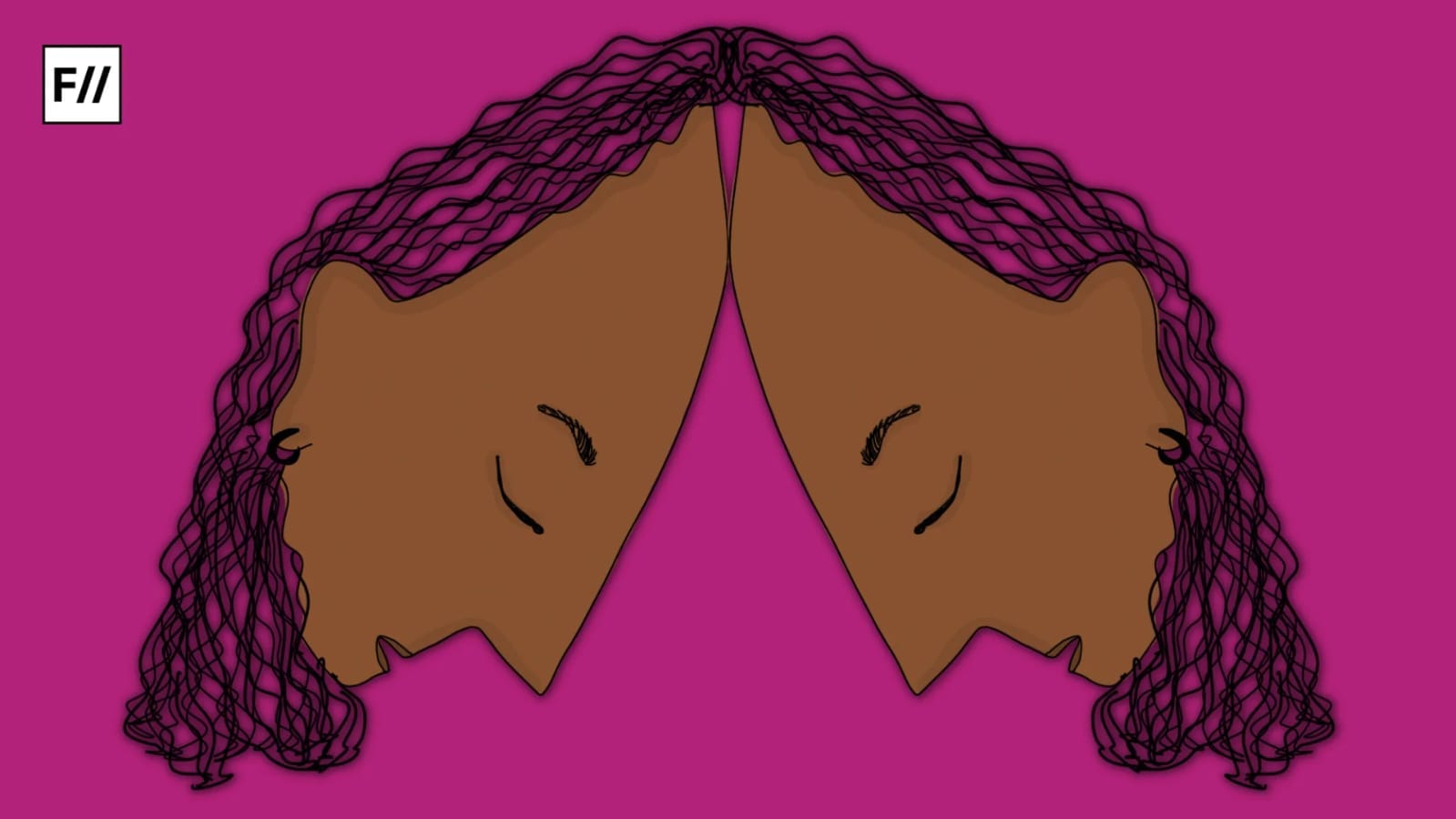
As someone deeply ingrained in this culture, I had always been chasing deadlines, projects, and professional dreams, often at the cost of my own health. The grief of losing a parent, however, paralysed me. It was a pain so profound that it forced me to stop, breathe, and rethink the life I had been racing through.
Situating grief in hustle culture
In a capitalist system that values production and efficiency above all, grief feels like a disruption. The same system that encourages working at maximum efficiency overlooks the very factors that make efficiency possible: mental and physical health, a supportive environment, and time for recovery. When these human needs are ignored, the system begins to erode the very workers it depends on.
Grieving the loss of my mother exposed me to a wave of capitalism-driven guilt. Social media platforms like LinkedIn constantly reminded me that I had “grieved enough” and it was time to return to work, lest I fall behind. Every day, I grappled with the question: how would I justify this break? Was the industry kind enough to accommodate a worker in grief, especially one like myself who needed to prioritise mental health over productivity?
Was the industry kind enough to accommodate a worker in grief, especially one like myself who needed to prioritise mental health over productivity?
The pressure was immense. Every call from a concerned friend or family member seemed to focus on when I would get back to work, as if my worth was tied solely to my productivity potential.
The privilege and politics of grief
I acknowledge that I had the privilege to grieve on my own terms. The privilege to step back from work, to take a break without the immediate threat of financial insecurity, is something not everyone can claim. Many workers in informal sectors or precarious job situations are forced to return to work immediately after a loss, with little to no support from their employers in their times of grief.
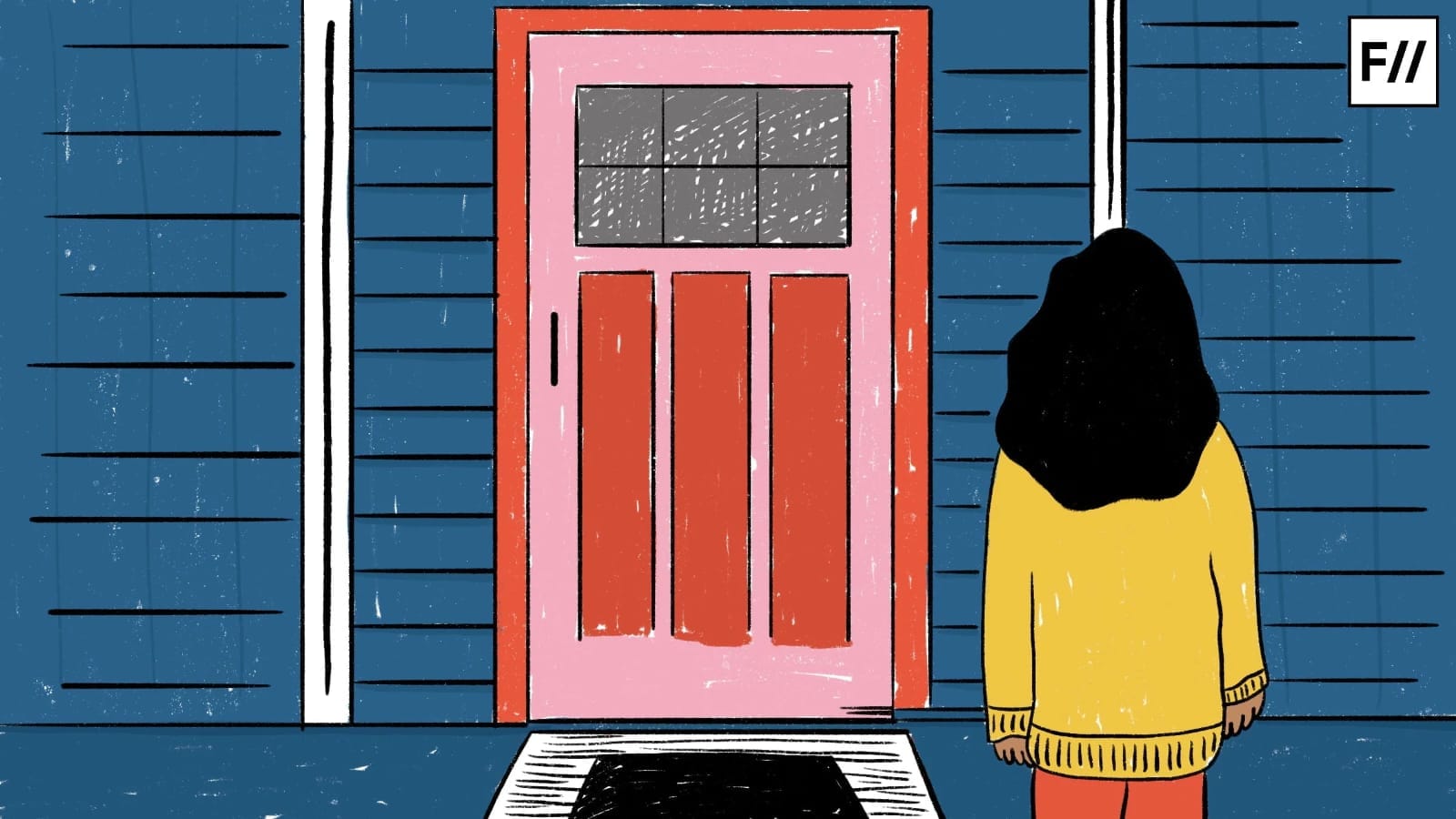
This reality is especially stark in India, where bereavement leave policies are often lacking or inadequate. The ability to grieve is tied to privilege, and without structural changes, many will continue to be trapped in a cycle where their mental well-being is sacrificed for economic survival.
Cancel hustle culture: a call to action
The overwhelming pressure to “hustle” even in moments of deep personal loss speaks to the broader issue of how capitalism values workers. There is little room for emotional vulnerability in a system that equates worth with output. But this system is not sustainable. Mental well-being cannot be pushed aside indefinitely, and employers need to recognise the long-term consequences of burnout, anxiety, and depression on both individual and organisational levels.
It’s time we rethink hustle culture, not as a badge of honor but as a warning sign. Companies must begin to implement policies that allow employees the time and space to navigate personal crises and grief without the fear of falling behind. Mental health days, flexible work schedules, and bereavement leave must become standard practices, not exceptions.
As for me, the grief of losing a parent forced me to confront my own relationship with work. It wasn’t just about productivity anymore; it was about survival — my emotional and mental survival. Stepping back, allowing myself to grieve, and rethinking my priorities wasn’t easy, but it was necessary.
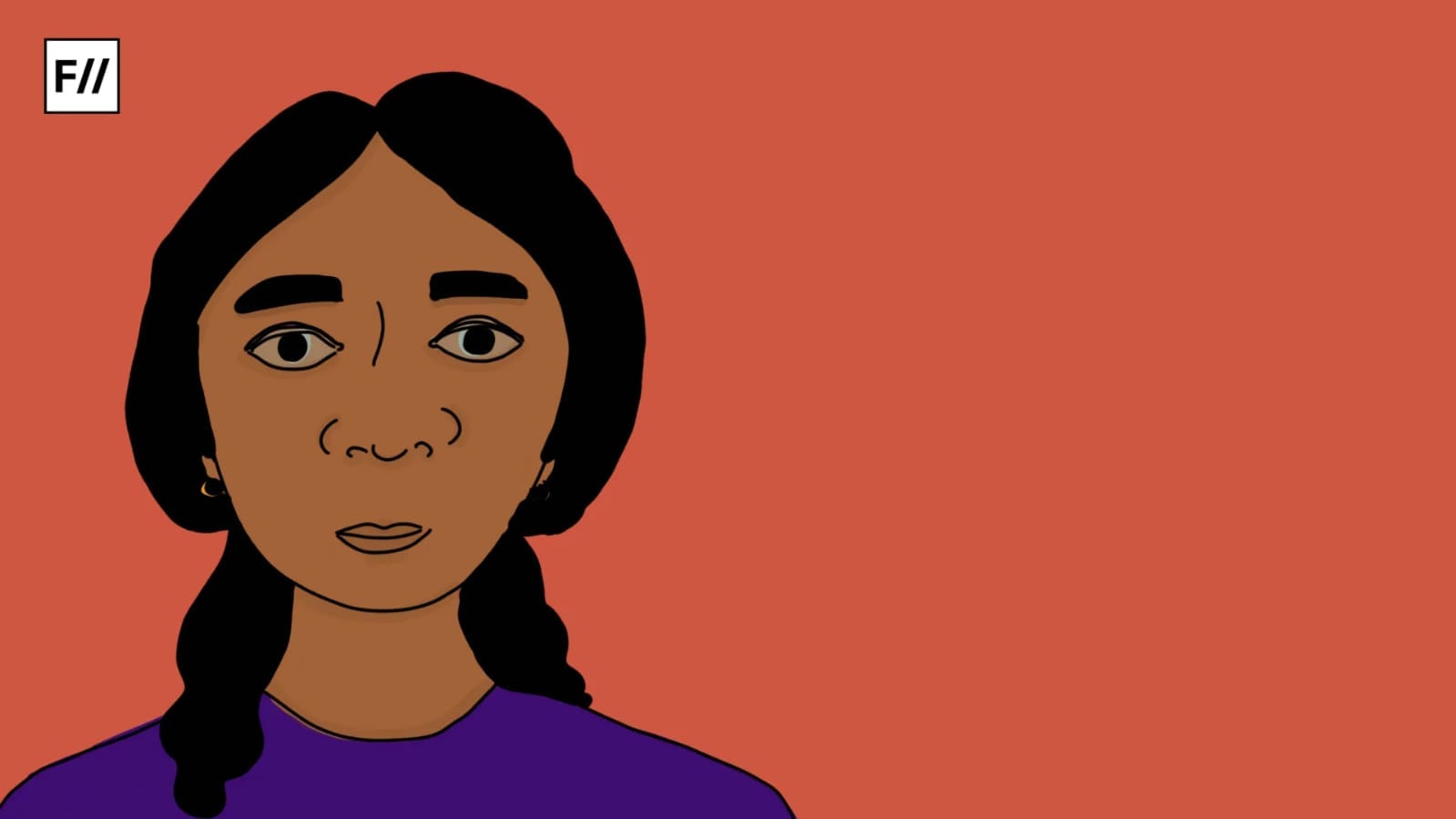
Hustle culture may promise success, but it often comes at a price too high to bear — the loss of mental well-being, human connection, and the ability to fully process grief. My experience has taught me that sometimes, stopping is the only way forward.
My experience has taught me that sometimes, stopping is the only way forward.
It’s time we move away from glorifying constant work and begin valuing the well-being of the individuals who make up the workforce. Let’s create a culture that allows space for grief, self-care, and mental health — because, ultimately, a healthier workforce is a more productive one.
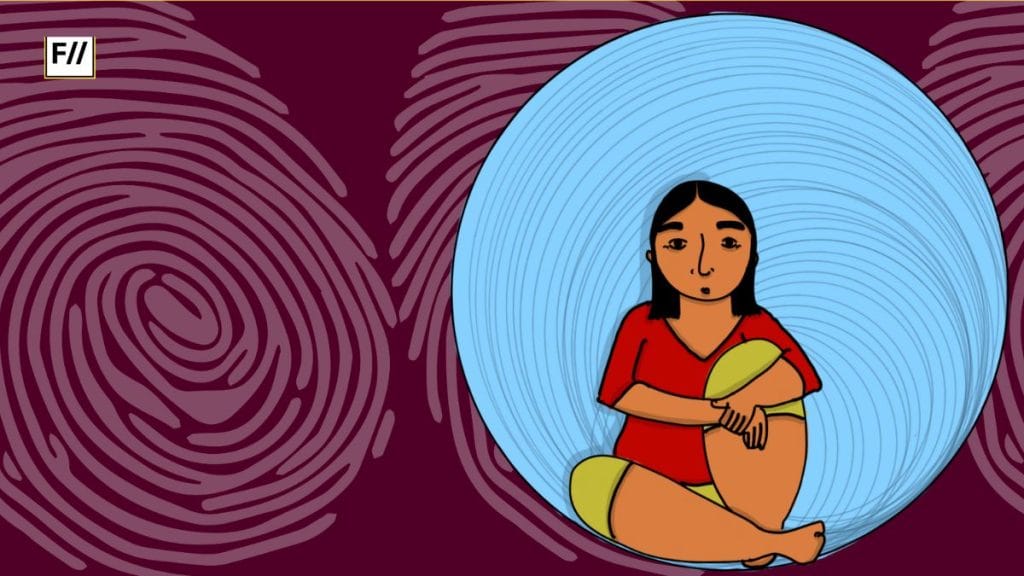
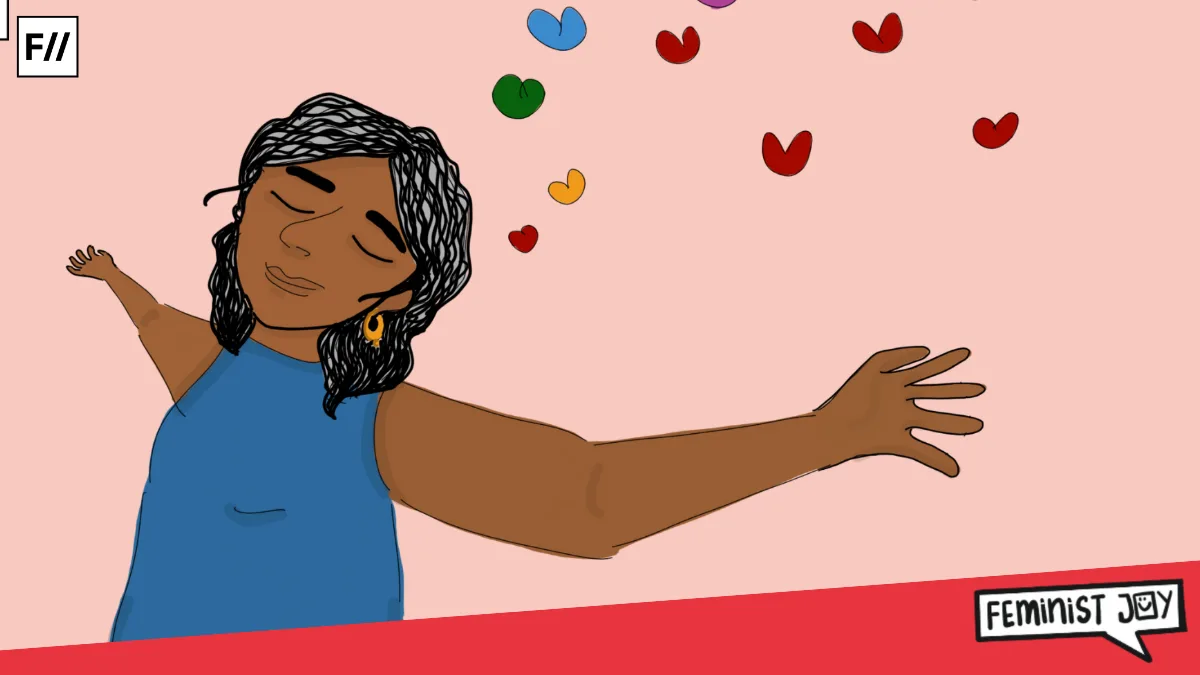
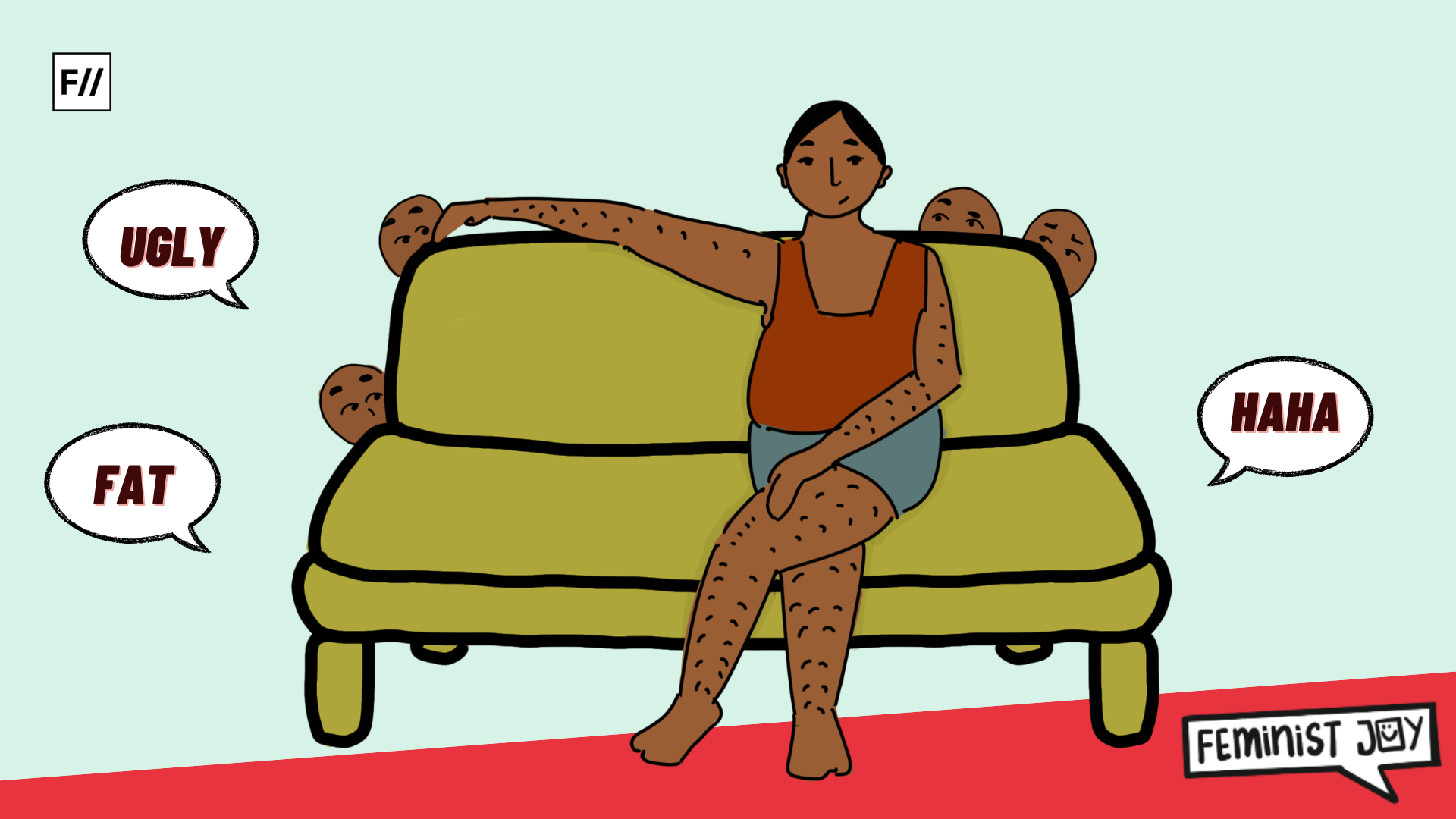
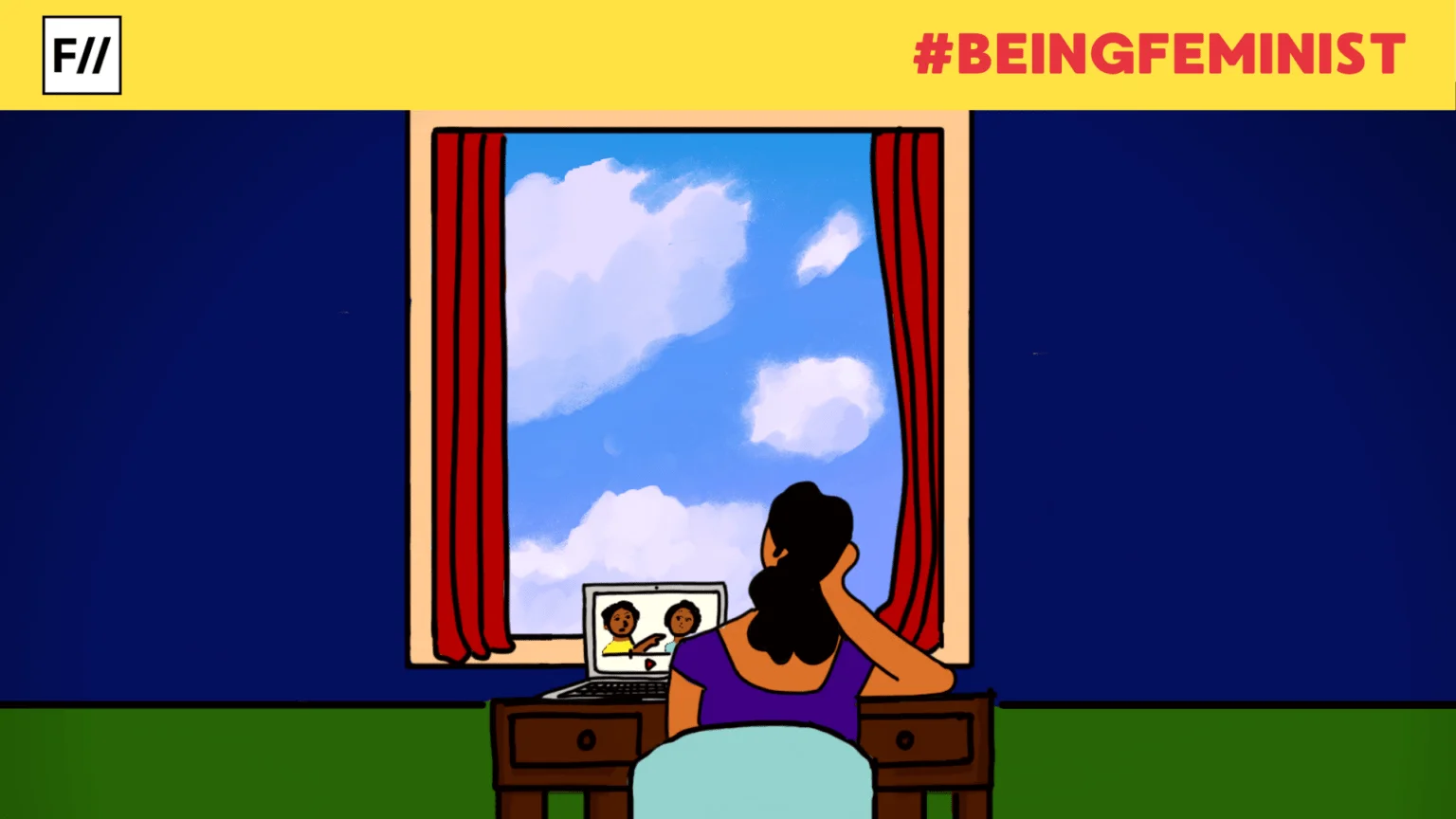

You captured something so real. That strange guilt we carry just for needing time to grieve. It’s wild how the world expects us to keep showing up like nothing happened. Thank you for putting this out there. So proud of you for writing it with such honesty and heart. I admire you.
A highly relevant topic, thoughtfully articulated ♥️